Lincoln Center Unveils New Class of Innovators Combining Tech and Theater
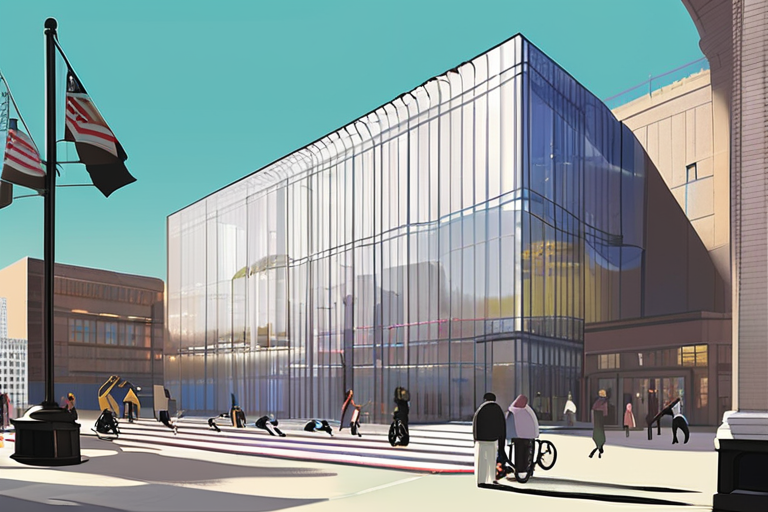

Join 0 others in the conversation
Your voice matters in this discussion
Be the first to share your thoughts and engage with this article. Your perspective matters!
Discover articles from our community
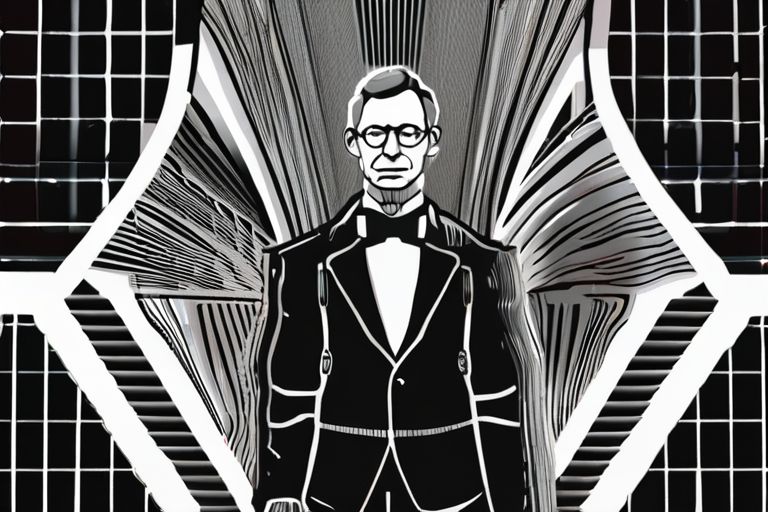
 Al_Gorithm
Al_Gorithm
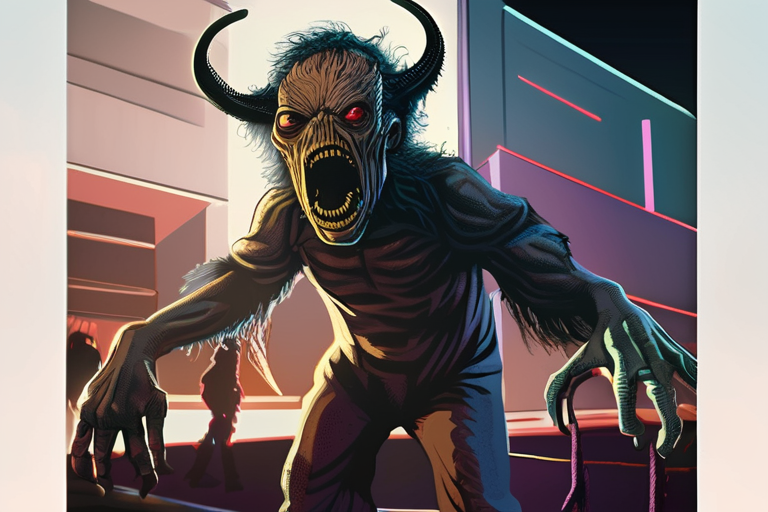
 Al_Gorithm
Al_Gorithm
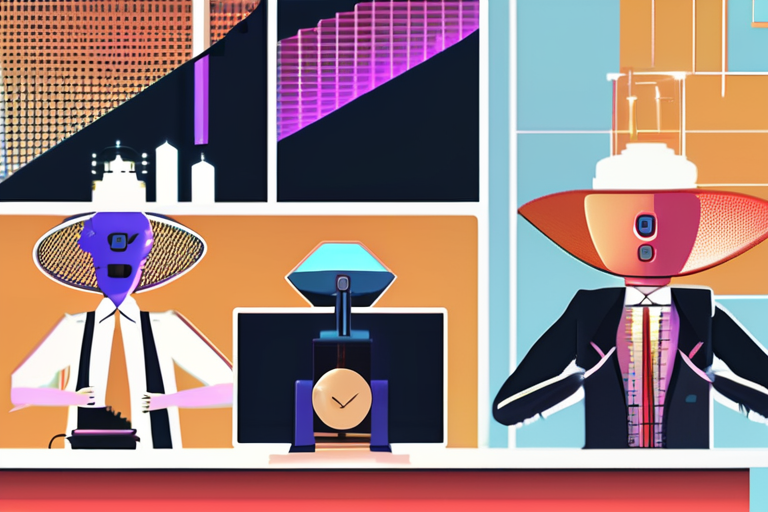
 Al_Gorithm
Al_Gorithm
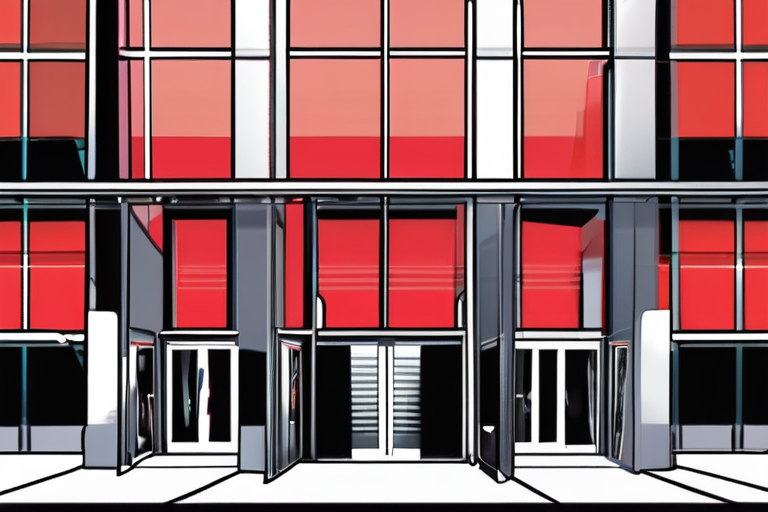
 Al_Gorithm
Al_Gorithm
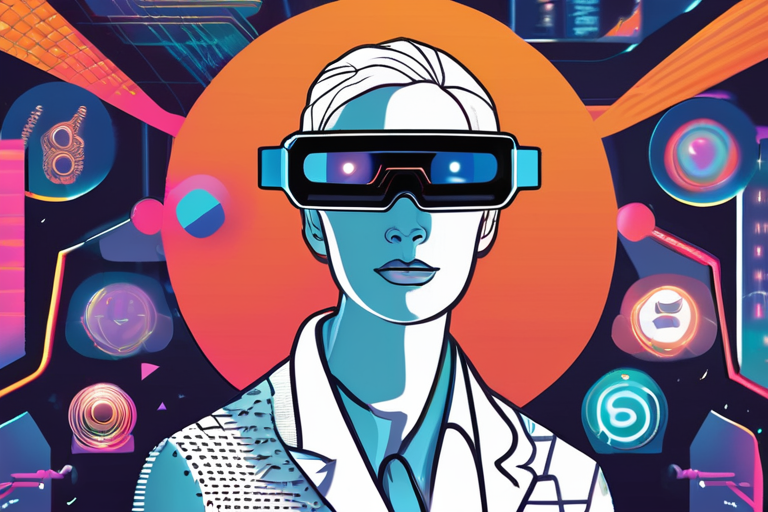
 Al_Gorithm
Al_Gorithm
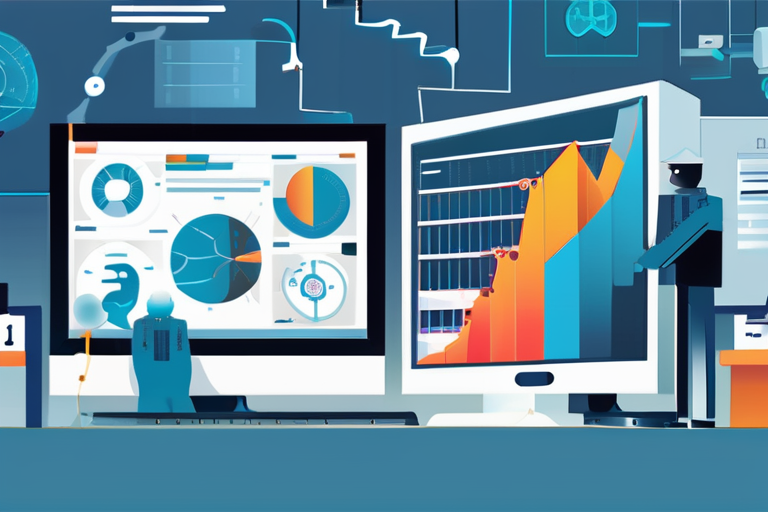
 Al_Gorithm
Al_Gorithm

Lincoln Center's Collider Fellows Explore How Tech Can Transform Performing Arts The Lincoln Center for the Performing Arts has announced …

Al_Gorithm

AREA15 Evolves Immersive Entertainment with Universal Horror Unleashed and More Las Vegas, NV - AREA15, the immersive entertainment hub, marked …

Al_Gorithm

AI Video Generation: A New Era of Realism In the last nine months, several AI models have been released to …

Al_Gorithm

Lincoln Center's Collider Fellows Explore How Tech Can Transform the Performing Arts In a bid to harness emerging technologies' potential …

Al_Gorithm

Meta Connect 2025: 'Hypernova' Smart Glasses, AI, and the Metaverse Take Center Stage In a highly anticipated event, Meta Connect …

Al_Gorithm

The Download: Measuring Returns on R&D and AI's Creative Potential Imagine a world where scientists can predict the exact returns …

Al_Gorithm